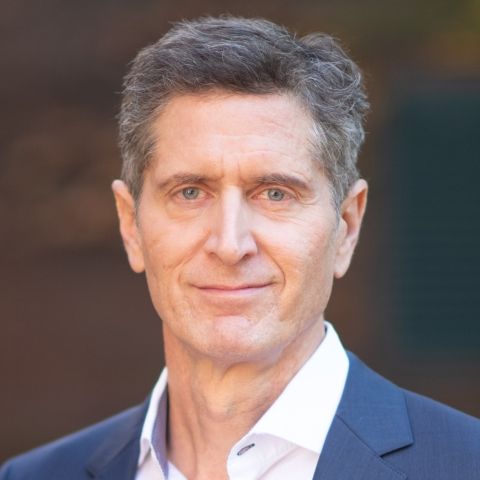
There are some much-studied, recurring social events and behaviors that, although centrally important to public policy and social life, have proven intractable to explanation and prediction. As currently salient examples, consider stock market crashes and recessions. Economists cannot consistently see them coming nor explain them after the fact in consistent detail.' Another example is crime rates, which rise, and in recent decades fall, without any discernable strong causal link to familiar variables such as employment or imprisonment rates. This Article describes why we can add state funding for indigent defense counsel to that list and what this conclusion means for indigent defense funding policy.
States are required to provide indigent defense in a specific set of cases - including felonies, misdemeanors for which defendants are sentenced to incarceration, and appeals - and the minimum quality of that representation is nominally constitutionally guaranteed as well. Those mandates should lock indigent defense systems, and, at least roughly, indigent defense budgets, into a fairly stable and direct relationship with other components of criminal justice - particularly prosecutor staffing, courts' criminal caseloads, and prison populations. Yet they do not.